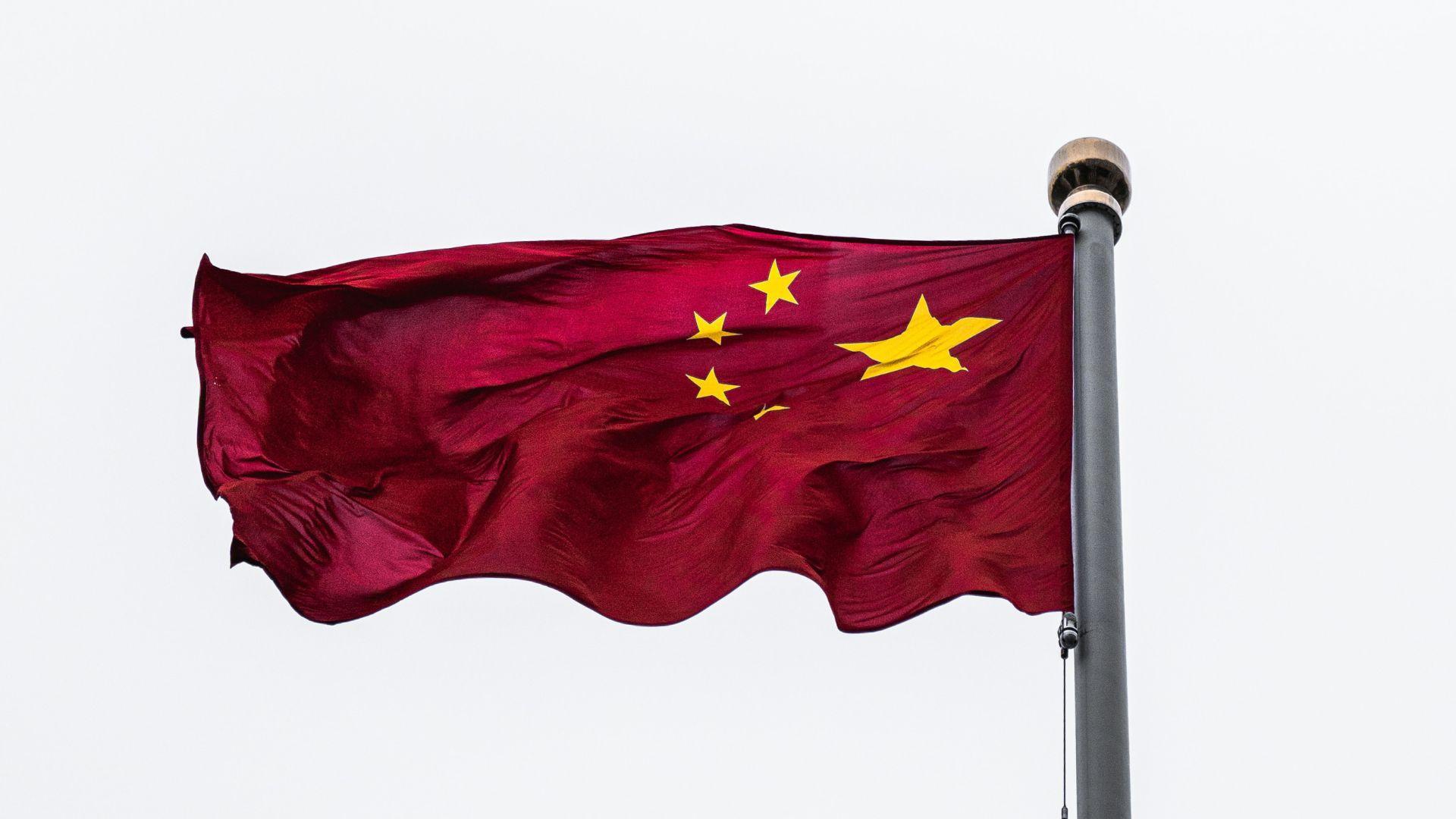Western Sanctions Are So Tight That China and Russia Could Revert to An Ancient Trading System
Due to strict sanctions imposed by Western countries who disagree with Chinese exports and issues with the Russia-Ukraine conflict, the two countries have resorted to using the ancient barter system.
Bartering would allow Russia to pass by certain sanctions that pose accounting challenges in the country already losing revenue. Other countries like Afghanistan, Iran, Pakistan, and India could follow suit.
Russia Is Being Sanctioned for Actions in Ukraine
Despite some mild support from former President Donald Trump, the United States has taken a firm stance on the invasion of Ukraine by the Russian military.

Source: fabrikasmif, Freepik
Current President Joe Biden called the war a “murderous assault on Ukraine.” One of the easiest ways to hit a country hard is to take away their ability to make a profit by exporting their goods to other countries as well as not letting necessary items in for their citizens.
What Would the Deals Involve
The deals with the two countries could involve agriculture and could come as soon as this fall.

Source: Wikimedia
One source at a Russian industrial firm told the media that some Russian firms were talking about exchanging precious metals for Chinese machinery imports.
The Russian-Ukraine Conflict
Trade has become increasingly difficult for Russia amid the tense geopolitical situation with the current full-scale invasion occurring in Ukraine.

Source: Wikimedia
Sanctions against Russia have been imposed on things like not allowing Russian athletes into the Olympics and disallowing the country from importing or exporting certain material goods.
China Having Issues With Payments
A recent report shows that about 80% of bank transfers made with the Chinese yuan were bouncing back with zero explanation after being stalled for weeks.

Source: Alejandro Luengo/Unsplash
The failed transactions were reported by the Russian media outlet Kommersant.
Other Methods to Get Around Sanctions
Before this new method, Russia and its friendly trading partners had to skirt international sanctions in other ways.

Source: @YorukIsik/X
Several countries have colluded with Russia to use smaller banks, other payment methods, or non-US dollar currencies to avoid the West’s ban on Russian banks using the SWIFT messaging system. However, the US has recently thwarted the strategy by approving secondary sanctions for financial institutions.
Russia Has Used the Barter System Before
This isn’t the first time Russia has been forced to turn to alternate methods to take and send payments to circumvent sanctions.

Source: @lesiavasylenko/X
The barter system was used during the Soviet era and in the years after the bloc’s collapse. At the time, China was still a key trading partner.
Russia Working with Afghanistan
In August of 2022, Russia was in talks with the Taliban regime in Afghanistan to trade crude oil products in exchange for raisins, minerals, and medicinal herbs, according to RIA Novisti, a Russian state-owned news agency.

Source: @France24_en/X
Russia’s rich crude oil reserves position the country in a particularly powerful position. Despite not being able to send or receive cash, Russia is still rich in resources.
Other Trading Partners with Russia
Other heavily sanctioned countries like Iran and India have been in talks with Russia to practice trade during the early months of the Ukraine invasion.

Source: McKay Savage/Wikimeida
As early as last year, Pakistan authorized the barter trade of specific goods with Russia to get necessary items into the country.
Problems with the Barter Trade System
Barter trade isn’t practiced very often in modern society due to some increasingly difficult logistics.

Source: Wikimedia
“Exchanging goods for other goods would have to be manually accounted for, which would create major difficulties for any large or technologically advanced businesses using automated accounting systems,” wrote Alexandra Prokopenko, an academic at the Carnegie Russia Eurasia Center.
Specific Complications
Barter trade also makes it difficult for each country to collect taxes.

cumberlink.com
Russian authorities are currently working on ways to avoid Western payment sanctions in other ways, including crypto.
Criminals Often Use Crypto
Crypto and alternative methods of payments have often been used by criminal organizations and countries looking to launder money through nonfungible sources.

Source: Wikimedia
The rise of NFTs and cryptocurrency caused immediate fears in the financial sector that the applications and payments would open up untraceable money flowing through the global market.
